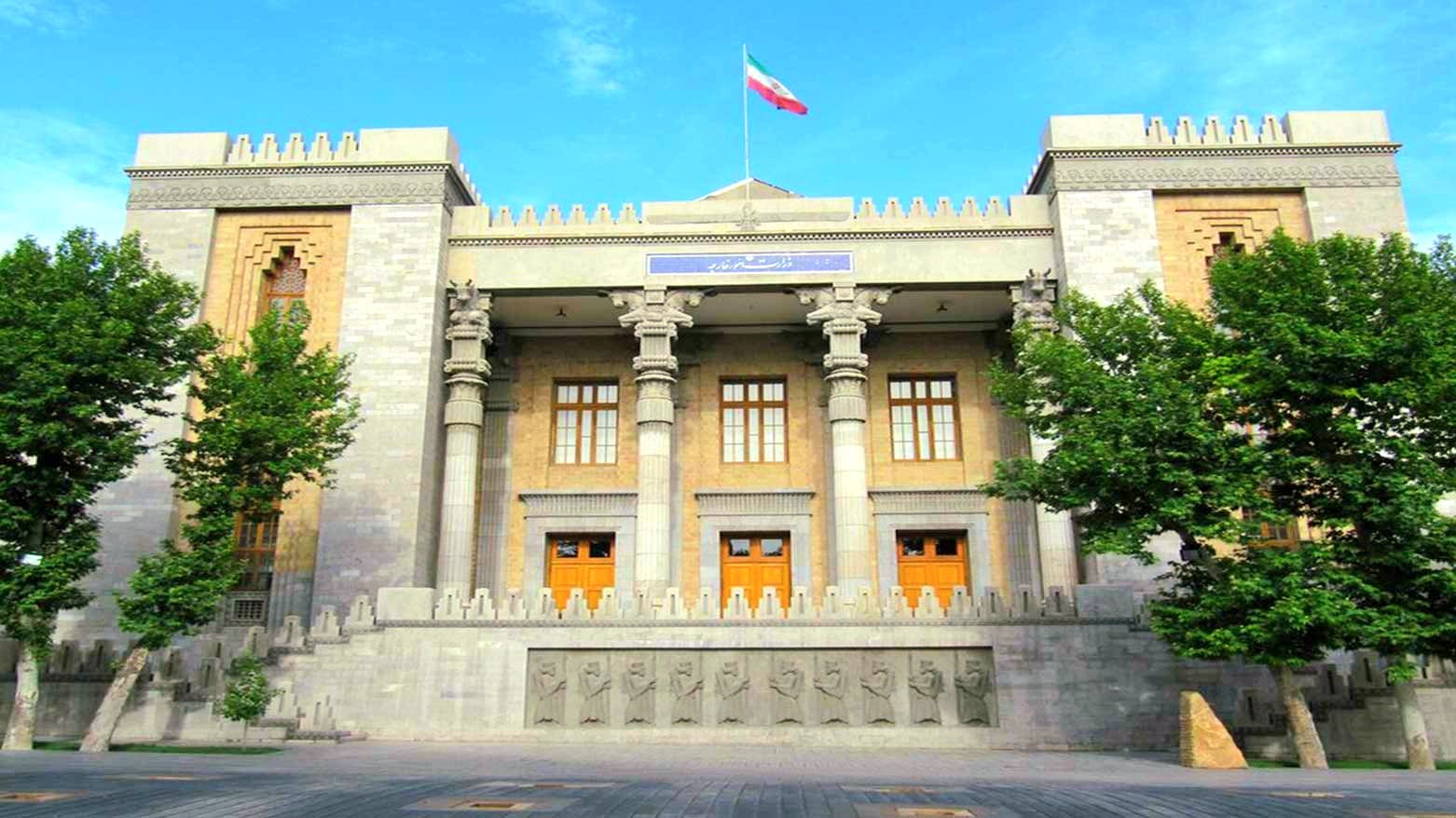Iran Recalls Envoys from Europe as UN Sanctions Snap Back into Force
Following Britain, France, and Germany’s snapback move, Iran deepens nuclear cooperation with Russia

ERBIL (Kurdistan24) — Iran on Saturday summoned its ambassadors to Britain, France, and Germany after the three European powers activated a mechanism to reinstate sweeping United Nations sanctions on the Islamic Republic over its nuclear program.
“Following the irresponsible action of the three European countries to reinstate repealed UN Security Council resolutions, Iran's ambassadors to Germany, France and the United Kingdom have been summoned to Tehran for consultations,” Iranian state television reported.
The move comes as the so-called “snapback” sanctions — lifted under the landmark 2015 nuclear deal — were due to be reimposed at the end of Saturday, barring any last-minute diplomatic breakthrough.
Western powers argue that Tehran has repeatedly failed to meet its obligations under the accord, formally known as the Joint Comprehensive Plan of Action (JCPOA).
Scope of the Sanctions
The reinstated measures target individuals, companies, and organizations connected to Iran’s nuclear and ballistic missile programs.
They include an embargo on conventional weapons sales, restrictions on importing or exporting nuclear-related technology, asset freezes for designated entities abroad, and travel bans for individuals linked to prohibited nuclear activity.
UN member states will also be required to curtail banking and financial channels that could facilitate Iran’s nuclear ambitions. Violating the sanctions regime could result in worldwide asset freezes.
Alongside UN measures, the European Union is expected to reimpose its own sanctions aimed at exerting financial pressure on Iran to comply with its commitments.
Iran Rejects U.S. Demand to Surrender Enriched Uranium Amid Snapback Sanctions
Iranian President Masoud Pezeshkian on Saturday rejected what he described as an unacceptable U.S. demand to hand over all of the country’s enriched uranium in exchange for a brief, three-month exemption from sanctions.
Speaking to reporters in New York before returning to Tehran, Pezeshkian insisted that such a proposal would undermine Iran’s sovereignty and strategic nuclear program.
"This is by no means acceptable," said Pezeshkian.
His statement underscores Tehran’s defiant stance even as UN sanctions are set to snap back into force, highlighting the widening gulf between Iran and the West and raising questions about the prospects for any meaningful diplomatic resolution.
International Divide
While Britain, France, and Germany argue that the snapback process is legally justified, Russia and China have dismissed the move as illegitimate and are unlikely to comply. China, a major buyer of Iranian oil, is seen as a crucial player in determining how effective the sanctions will be.
In a move signaling closer ties with Moscow, Iran announced on Friday a $25 billion deal with Russia’s Rosatom to construct four new nuclear power plants in the southern province of Hormozgan.
Each plant will have a capacity of 1,255 megawatts, expanding Iran’s nuclear energy capacity far beyond the existing 1,000-megawatt Bushehr facility.
The JCPOA, signed in 2015 between Iran and six world powers, was intended to curb Tehran’s nuclear ambitions by imposing strict limits on its nuclear program in exchange for sanctions relief. However, Iran repeatedly tested the limits of the deal, secretly advancing uranium enrichment and ballistic missile development, raising international concerns about its long-term intentions.
The United States withdrew from the accord in 2018 under President Donald Trump, reinstating sanctions in response to Tehran’s continued provocations, including violations of nuclear commitments.
Attempts to revive the agreement have repeatedly stalled, most recently following a 12-day conflict in June triggered by unprecedented Israeli strikes on Iranian nuclear and military sites.
The United States briefly intervened during the clashes, providing critical military support to Israel, which lacked the technology and capability to strike Iran’s deeply buried nuclear sites on its own.
With the snapback sanctions now reactivated, Iran faces renewed economic pressure while geopolitical divides between Western powers, Russia, and China deepen, casting doubt on the future of any negotiated settlement over Tehran’s nuclear ambitions.